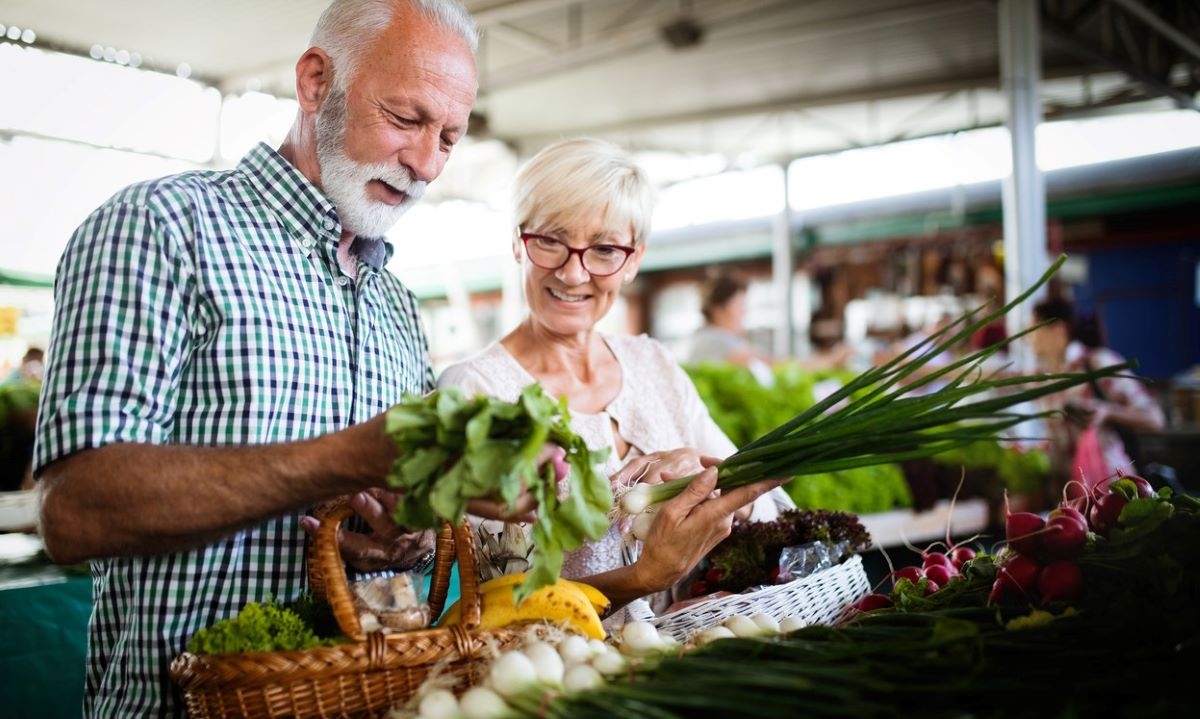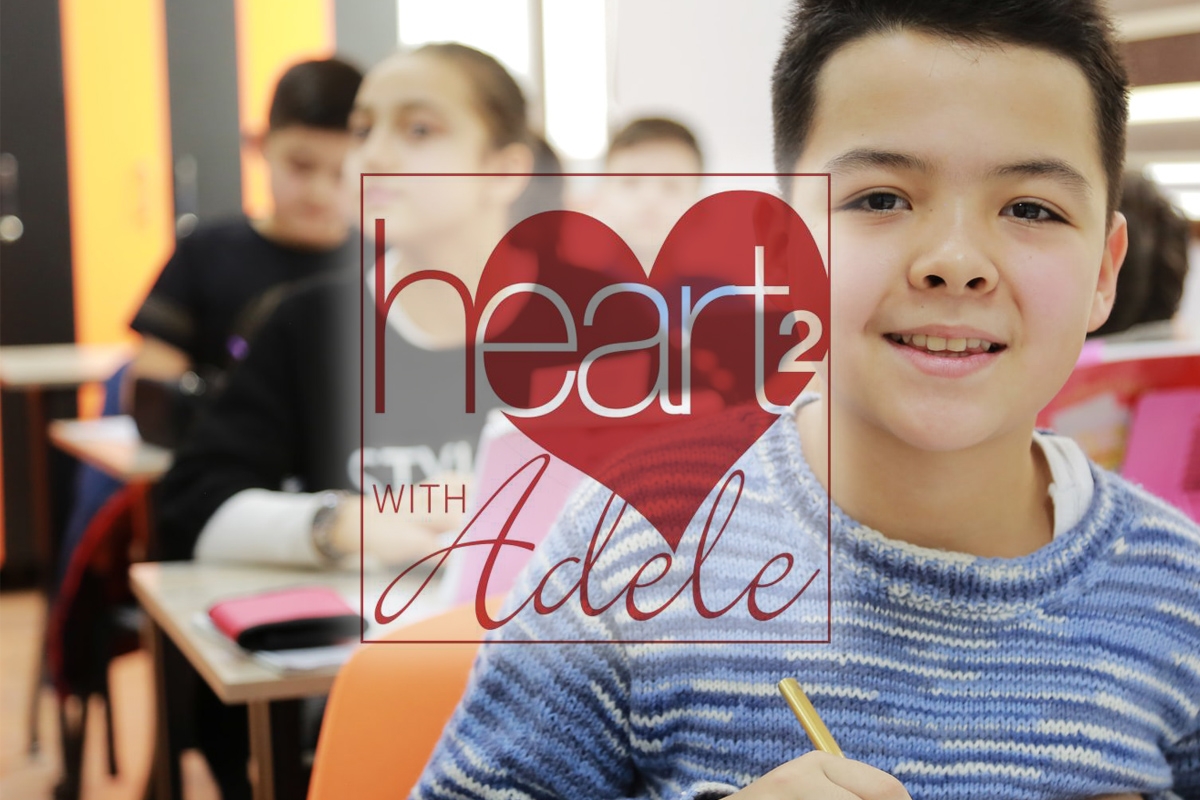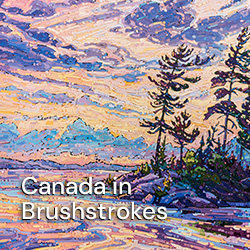
The Other Side of Reason – Our Humanity, our stories
Involved in a bus accident that took the lives of six people, David Gibson has been battling through PTSD for over three years. In an effort to better understand himself and to communicate with others, he turned to writing. His first book was The Other Side of Reason: A Journal on PTSD. This column continues that text.
[Our humanity, our stories]
We’re all stories.
Stories remind us who we are, show us where we have come from,
Give hope for where we are going.
As we tell stories and hear stories, we nurture our well-being.
And after you read a story just knowing you can hold it,
You can be in that space of the story.
And it can hold you in its space.
And you don’t have to explain it.
You don’t have to paraphrase it.
You just hold it, and it allows you to see differently.
____________________________
Behind the front of body-armor, the traumatic process is played out as a relational disconnection, the deepest terror for a survivor.
A definition of terror is ‘an experience for which there are no words’. In my own words, I experienced the scattering of my spirit away from my body leaving my soul disembodied and without a home. This can be experienced as an extraordinary visual affect as one’s spirit can be seen darting as light over distant hills, and our self-being too threatening a place for our spirit to inhabit.
The shame of not being able to find words is itself shaming. After a traumatic event everyone is lovingly concerned and curious to know more. In the absence of contact with words, the spaces between these lines are more useful than the words themselves.
In our relationships there’s a screaming silence of shame. Suppressed terror and creativity are compressed together and then de-pressed; embodied as with grief in the entry and exit wounds of the body. Hope fades of being seen and understood.
Even months and years later after the shock has receded, memory is of the much longed-for, shared, remembered, lovely innocent experiences of life so suddenly and mysteriously severed.
Maya Angelou writes in I Know Why the Caged Bird Sings “There is no greater agony then bearing an untold story inside of you”. Stories are the heart of who we are as human beings. Stories allow us to construct meaning and make sense of our lives. Stories hold a code that can unlock our personal and our collective self-determination.
I have always felt drawn to the spirited, the people who blaze trails and forge new pathways towards self-determination. I am drawn to their stories like a moth to the flame. Stories hold the power to transport us to another time and space. They offer new ways of understanding the world and help us to imagine our place in it. If our very existence can be an act of defiance or indeed love, I often wonder if the sharing of our stories can somehow set us free?
I have been on a personal quest for reconciliation and meaning since the accident four years ago – always searching and always asking why. I have searched for resilience in many places from mindfulness to intensive psychotherapy. Sometimes we look outside for what really lives inside of us. If we are lucky we will find cues and clues along the way that eventually lead us home and where we started from in the first place. Reading, listening, writing and sharing stories helped me to understand my own search for meaning and began my journey toward reconciliation and sense of identity.
I am hopeful about creating and curating my lived experiences with trauma and will hopefully amplify the power of my stories to shape others lives.
The word curate comes from the Latin word cura meaning to take care of and to attend to souls. Over the past few years my curatorial dream has been to take people on a journey exploring meaning and the resilience of the human spirit.
I believe stories weave patterns that map out different constellations of human connection. Witnessing stories can rewire our thinking and encourage us to create new relationships with ourselves and with each other. We can feel new worlds emerging while simultaneously experiencing the world we hold close inside. We can choose which world we want to belong to and maybe dare to cross the threshold.
Meaning in life and resilience from life’s tragedies are burning issues on the world stage right now as we strive to understand the complexity of the times we live in. Our individual and collective wounds are exposed and the core human issues of cultural identity; gender, race and religion to name a few all vie for attention in the specter of populism, polarization and the rising power of a post –truth society.
So, what does the future hold for us? What is driving our human race? What does it really mean to be free? How do we make sense of everything? And what role does a story have to play in this great unfolding of our lives? Writer Neil Gaiman observes the “the gulf that exists between us as people is that when we look at each other we might see faces, skin color, gender, race, or attitudes, but we don’t see, we can’t see, the stories.”
In times like this we need stories that can be seen and heard, experienced and shared. We need stories that nourish us, connect us and transport us to new realms so that we can imagine what meaning and resilience feels like. Our human challenge is to fully participate in these new realms so that we can co-create a future at hand, and together.
Until next time.







